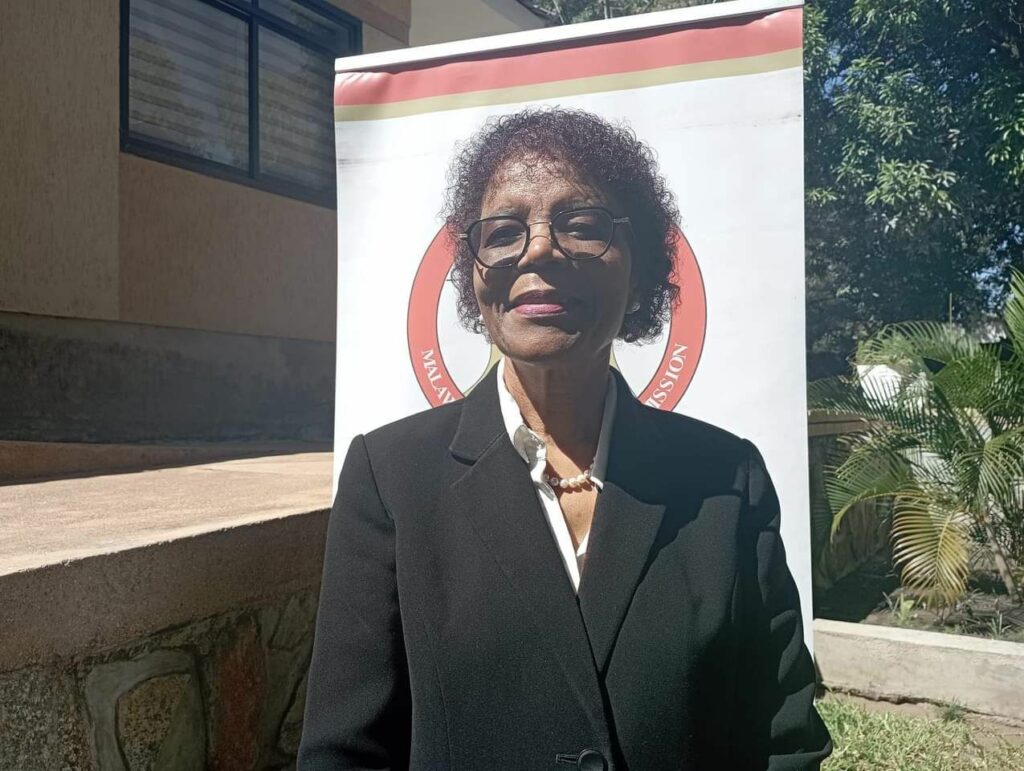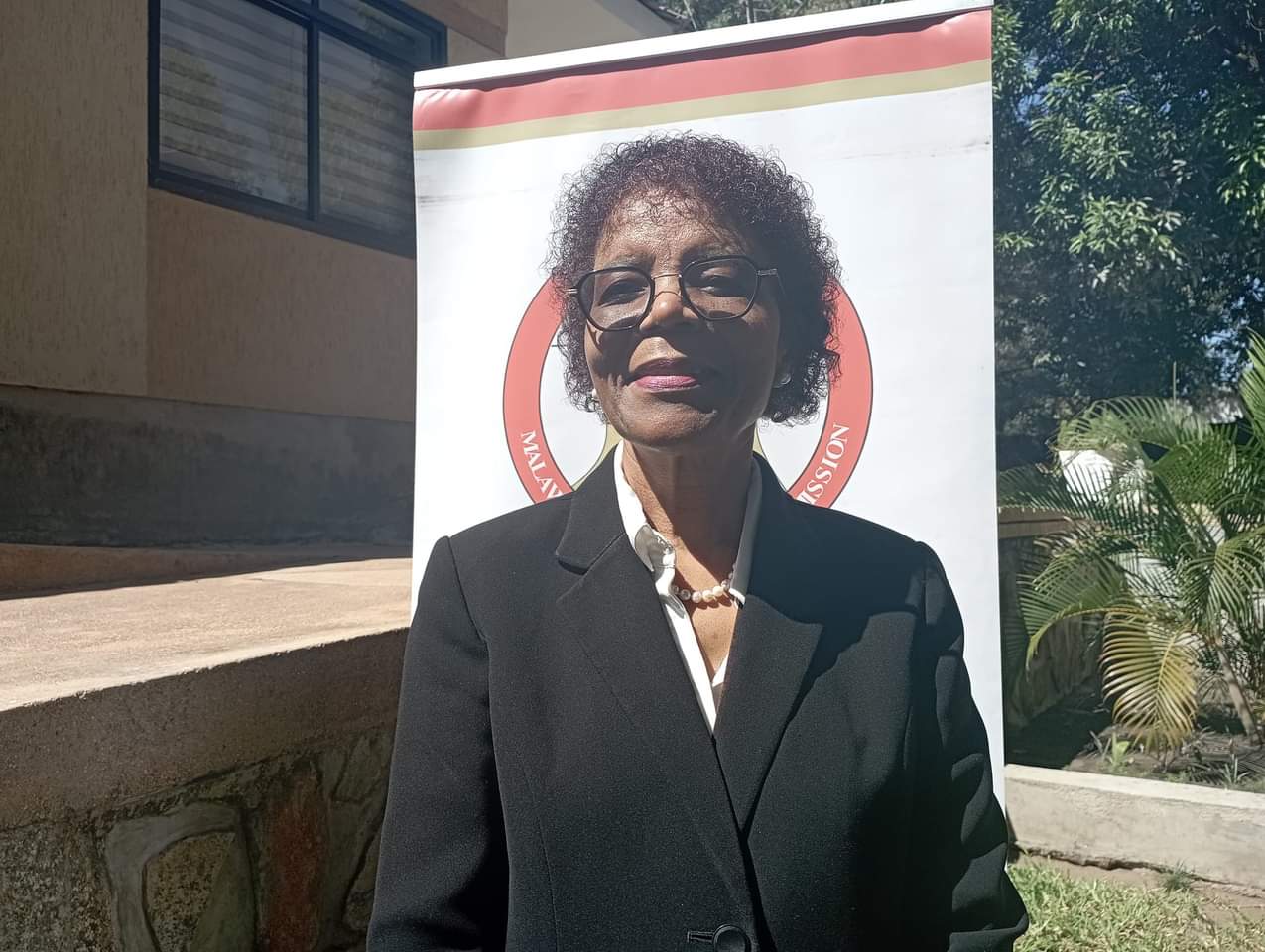By Twink Jones Gadama
The Malawi Law Commission has emphasized the need for Parliament to focus on addressing the abuse of laws by law enforcement agencies, rather than just amending the laws themselves.
Commissioner Rosemary Kanyuka stressed that the country’s laws are not inherently problematic, but rather, it is their application that often leads to issues.
Speaking before the parliamentary Legal Affairs Committee, Kanyuka highlighted the example of vagrancy laws in the Penal Code, which have been deemed unconstitutional by the Constitutional Court in 2017.

She argued that the law itself is not flawed, but rather, its application by law enforcement agencies has been problematic.
Kanyuka emphasized the importance of understanding the laws and ensuring that both citizens and law enforcers abide by them.
She cautioned that the issue lies not with the laws, but with how they are applied, and urged for a focus on addressing this aspect.
The commission’s director of law reform, Mike Chinoko, added that the Malawi Law Commission had already conducted a comprehensive review of the Penal Code between 2000 and 2001, which tested the provisions against the Constitution.
He noted that the court’s declaration of the police’s actions as illegal was due to the manner in which the law was applied, rather than the law itself.
In response, Legal Affairs Committee chairperson Peter Dimba acknowledged the need to address the archaic laws, which he believed should have been dealt with in 1994.
He emphasized the committee’s commitment to respecting the court’s order and initiating consultations for the review of the vagrancy laws.
The call to address enforcement abuse comes as a crucial reminder of the need for a holistic approach to legal reform.
By focusing on both the laws and their application, Malawi can work towards creating a more just and equitable society.
As the Legal Affairs Committee moves forward with the review process, it is essential that they prioritize addressing the systemic issues that lead to enforcement abuse, rather than just amending the laws themselves.



